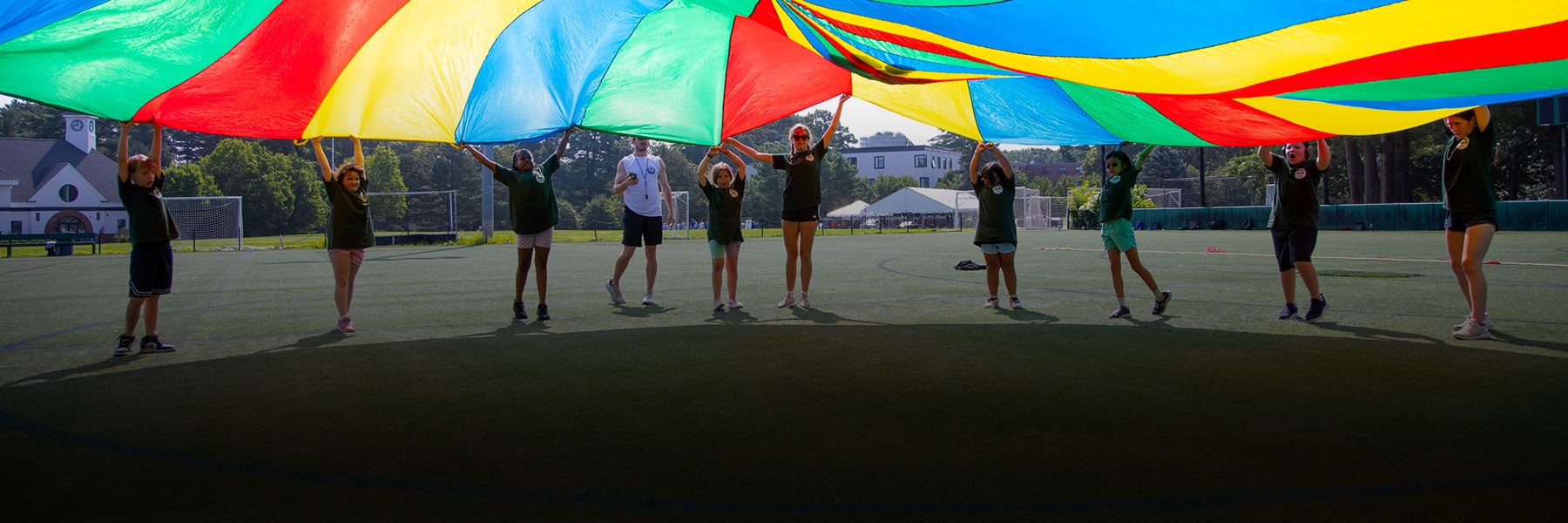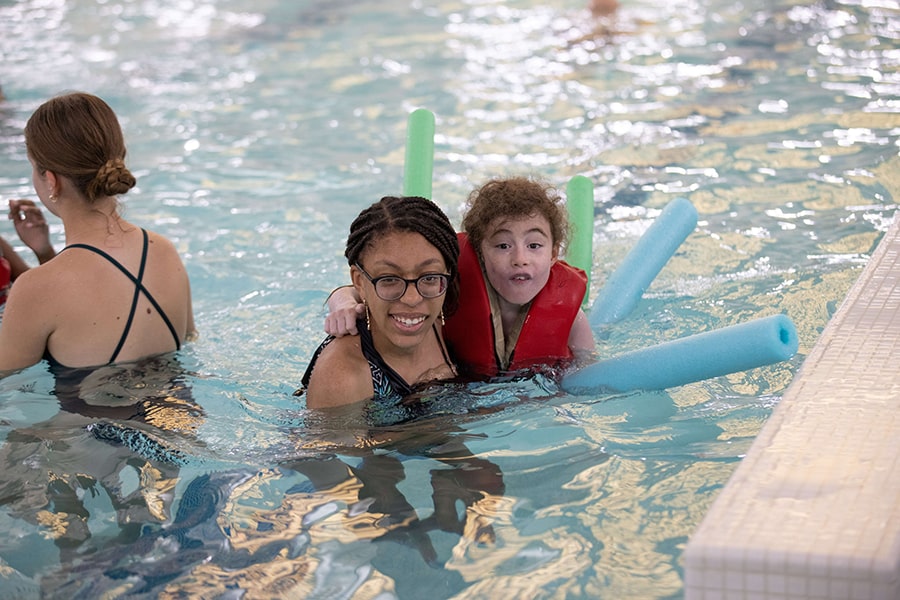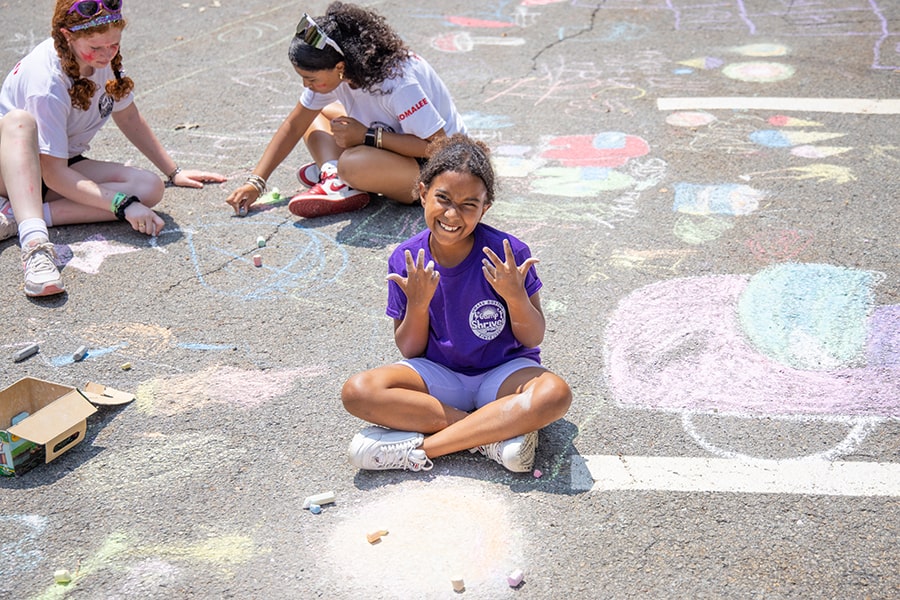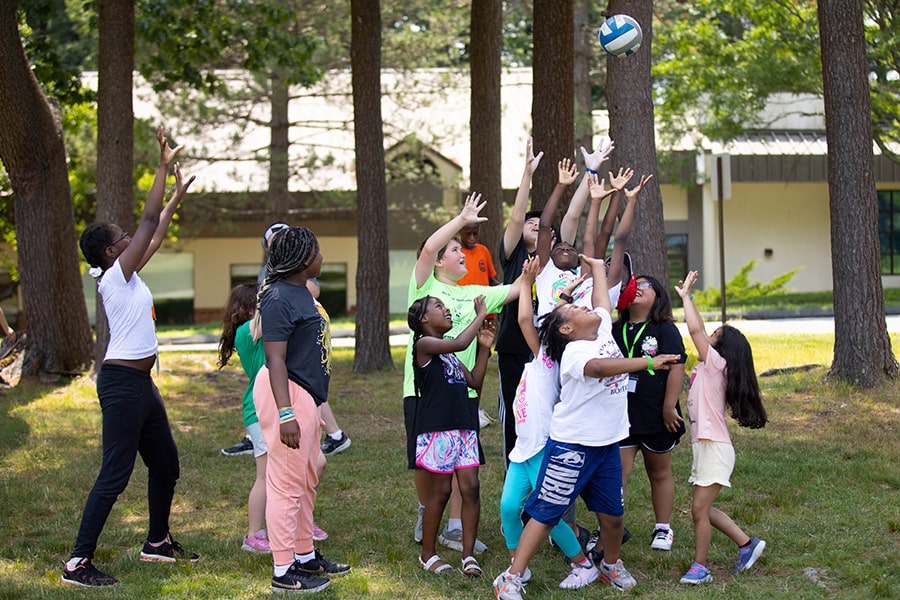- Home
- Center for Social Development & Education
A multidisciplinary research institute whose mission is to promote the social development of children with disabilities and increase their success in school and the community.
The mission of the Center for Social Development and Education (CSDE) is to enhance the overall quality of life of children who are at risk for adverse outcomes due to environmental, behavioral, or genetic factors by 1) promoting the social development of children and adolescents who have learning or behavioral problems, and by 2) fostering of relationships with families and schools to ensure the development of a socially competent and well-adjusted student. We make this possible by creating a nexus between research and practice through our evaluation research activities, development of standards, community programming and professional development.
Affiliated Programs
Applied Behavior Analysis for Special Populations
The graduate certificate prepares educators for the Behavior Analyst Certification Board national professional examination. This 7-course sequence is offered intensively between September and July each year.
Get DetailsAbout Us
The Center for Social Development and Education (CSDE) has a rich history of diverse research, curriculum development, professional development, and technical assistance activities that reflect and support the research and public service mission of the university. In 1976, Gary Siperstein founded the Center for the Study of Social Acceptance at UMass Boston, a research institute dedicated to studying issues that affect the education and socialization of children with disabilities. During the 1980s, the center received much of its funding from the National Institute of Child Health and Human Development to study the social aspects of mental retardation. The center conducted numerous studies on hundreds of children and teachers, producing data that established a knowledge base for understanding the challenges that individuals with mental retardation face in becoming part of the social fabric of their school and community. (Siperstein received the prestigious MERIT Award from NIH for this research).
During the 1990s, with the advent of state and federal legislation mandating the inclusion of all children with disabilities into regular education, school systems were faced with the need to "re-tool" their staff and to modify their programs to accommodate students with disabilities. Responding to these changes, the center broadened its research activities to include all students with disabilities and expanded its professional development, curriculum development, and technical assistance activities in the broad area of disabilities (not only students with mental retardation, but students with learning disabilities, ADHD, behavioural/emotional problems, and autism). The center was renamed the Center for Social Development and Education in 1995.
In this new decade, CSDE is expanding its applied research even further by entering into a formal collaborative relationship with Special Olympics, Inc. Recognizing the importance of cross-cultural research in mental retardation, Dr. Timothy Shriver, President of Special Olympics, Inc. (SOI) and Joanne Gora, past-chancellor of UMass Boston, signed the memorandum of agreement to establish UMass Boston as a Regional Collaborating Center (RCC). The purpose of the RCC is to conduct rigorous scientific research that is of value to the international community. The UMass Boston/Special Olympics Regional Collaborating Center is responsible for all international research related to attitudes and intellectual disabilities, as well as evaluations of SO programs at the international, national, and regional levels. CSDE has also broadened the scope of its activities and reaffirmed its commitment to addressing the needs of the community through several new initiatives this year, including the evaluation of a violence prevention program implemented at Boston Centers for Youth and Family.
At present, CSDE is a multidisciplinary, multi-service institute, providing the educational community with the support it needs to meet the increasing challenges of providing for children and adolescents who are at risk, both academically and socially. Emphasis is given to carrying out rigorous applied research that informs practice, and the design and implementation of professional development programs to prepare school personnel to meet the challenges of teaching at-risk children and adolescents in the general education setting.
Commitment to Racial and Social Justice
At the Center for Social Development and Education, our mission for the past several decades has been to promote the meaningful inclusion of individuals whose voices are not often heard. In line with this mission, we stand firmly in solidarity with the voices of Black Americans demanding to be heard, and our voices join millions of others in affirming that “Black Lives Matter”. As a research center, and as individuals, we acknowledge the need for continued anti-racism efforts and commit to contributing to this work moving forward.
In order to create meaningful change, we need to take specific actions within our center, and through partnerships with organizations both within and outside of the University. The following action items serve as starting points for engaging in racial justice work and ensuring accountability as members of the CSDE. In addition to engaging in a process of educating ourselves to help increase our own knowledge of the ways in which racial injustices operate within society, we commit to:
- Increasing intersectional research within the center, with a focus on participatory action methodology that prioritizes the needs and experiences of the often-marginalized communities we work with each year. We will do so by intentionally designing and selecting new projects that use an intersectional lens, as well as pursuing projects that provide a direct service or benefit to the community.
- Mentoring undergraduate students on campus to provide meaningful research experiences, as well as providing lasting support and advice focused on their career and educational goals. As part of these experiences, we will encourage students to contribute to the research process and help them pursue opportunities to present their work.
- Actively recruiting and hiring team members from diverse backgrounds to increase representation within both the CSDE and Camp Shriver. This starts with intentional hiring practices, such as specifically posting on academic and job search networks that promote people of color.
- Collaborating with other research centers at the University that focus on racial justice to support partnerships across different areas of study, with the goal of fostering a more intersectional understanding of the issues that impact communities.
These action items are only a small step towards creating this change and will evolve as we continue to learn and connect with people who are directly impacted by racial injustice.



